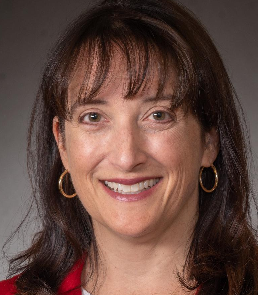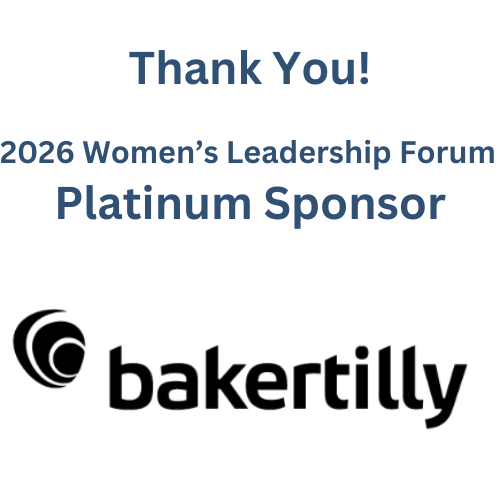
October 2021 WACUBO News
Volunteer Spotlight: Linda Kosten

Linda Kosten
Vice Provost, University Budget, Planning, and Administration
University of Denver
How long have you been at your institution?
28 years
What is your volunteer position for WACUBO?
I have been on the Annual Conference Program Committee and CDRIC for the last three years. I have also been a workshop facilitator for the 3C's of Budgeting Basics, presenting seven workshops since July 2015.
How long have you volunteered with WACUBO?
7 years
What do you like most about the opportunities WACUBO gives you as a professional?
WACUBO has given me connections with wonderful professionals at a variety of institutions. When I'm facing a challenging situation, I know I can reach out to my WACUBO friends for ideas on how to address the problem. WACUBO has also given me the opportunity to present my work and to "give back" to the profession by helping to create great professional development programs.
What is your greatest professional achievement?
Before the last year, I would have shared an individual achievement, like my doctorate or landing my current role, but now, after the last year, my greatest professional achievement is being a part of the amazing COVID response team at the University of Denver. We have stood up an operation that has kept some in person courses and students living on campus the entire pandemic. Our financial scenario group develop 22 different what-if budgets for FY2021. We managed to end the year having enrollment at record levels and financial position sound. Currently, we are up over 2,000 COVID PCR tests a day in a lab that did not exist 9 months ago and a .22% positivity rate in the last 7 days with the largest first-year class in the University's history having opened the residence halls and started classes at full capacity. Now that's amazing!
What is the most important professional goal you are currently pursuing, i.e, preparing to give a presentation, launching an initiative or program at work or in your community, etc.?
Over the last year, due to the pandemic, we developed many community outreach strategies: conducting weekly meetings for business officers, surveying the campus to understand their budgetary priorities, holding multiple townhalls quarterly to discuss financial scenarios, and establishing a University Budget Advisory Committee. As part of our expense strategy, I coordinated leadership's approval of expenses over $2,500, position postings, and use of salary savings. While we have moved away from many of these expense restrictions, our current goal is to keep communication efforts up and the faculty and staff involved in the budget process moving forward. In addition, our multi-year planning efforts have been re-started. This is a new-normal with higher than ever expectations for involving the campus and reaching, smart, data-informed decisions. My goal is to incorporate the best of what we've learned from the last year into the challenges we continue to face and to extend the planning horizon in a useful and meaningful way.
Is there a resource, i.e, a book, blog, website, etc., that you would recommend to other WACUBO professionals?
I recommend reading Being Mortal by Atul Gawande. Our mortality is not something we remember to respect as we work harder and harder to tackle the challenges of our work. Our work is important, but so is our sleep, self care, and supporting each other through the challenges of life.
What is the best piece of professional advice you have ever received?
In 1999, when I first moved from student affairs budgeting to academic affairs budgeting, a wise friend recommended I listen, learn, and read the faculty's research in my unit. While I found the work interesting and insightful, I also was able to connect with faculty in trusted relationships and gain perspective on the "why" of our work together. As I have been working at the university-level for fifteen years, I still make an effort to understand the research agendas of the faculty I have the opportunity to work with—and it makes a difference in the quality of our work together.
Are there any particular stories, insights, etc., from your experiences as a WACUBO volunteer that you would like to share with our colleagues?
While we work at different institutions, many of our challenges are quite similar. Even though I've worked at one institution for the majority of my professional career, I have gained the insights from hundreds through WACUBO. When asked to take on something new at DU, one of my first thoughts is "who do I know through WACUBO who might help me with this new challenge" -- I have found our partnerships enrich each other personally and professionally.
 Return to October 2021 WACUBO News Return to October 2021 WACUBO News
|






